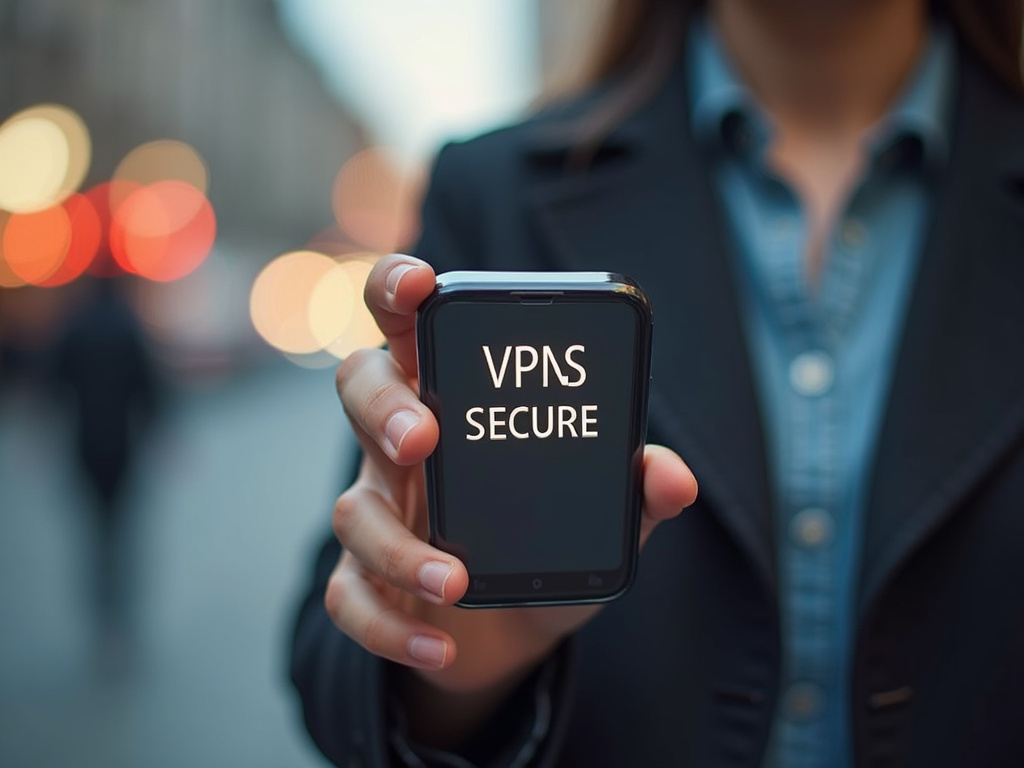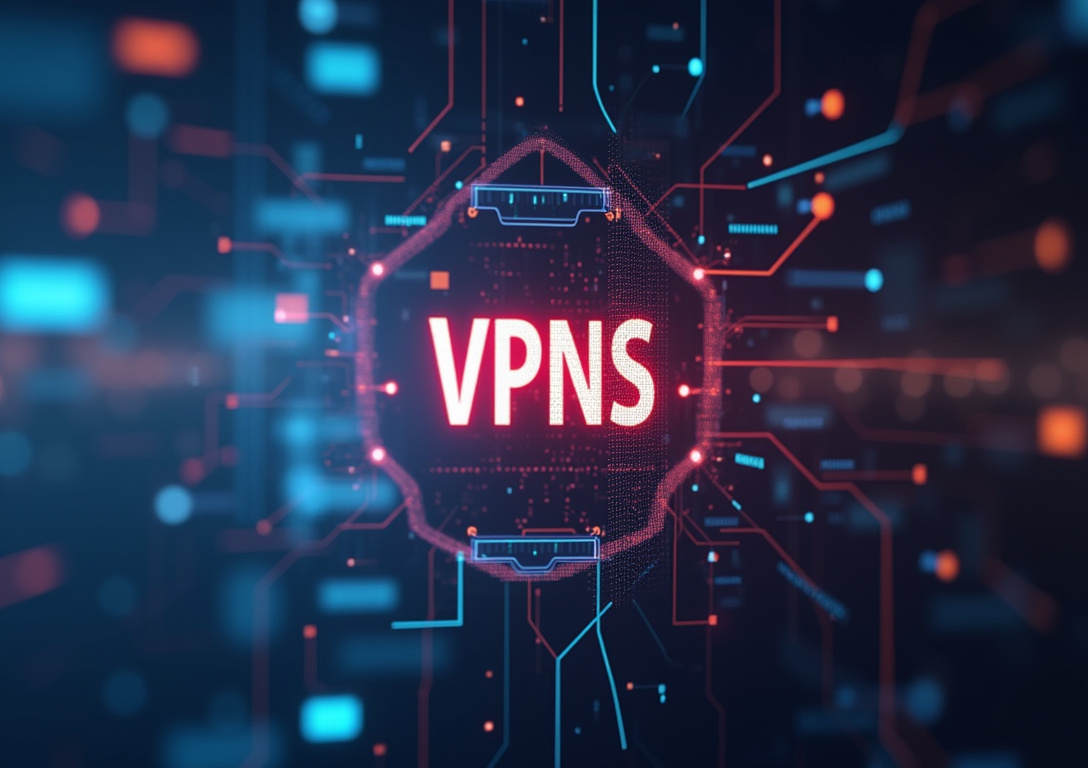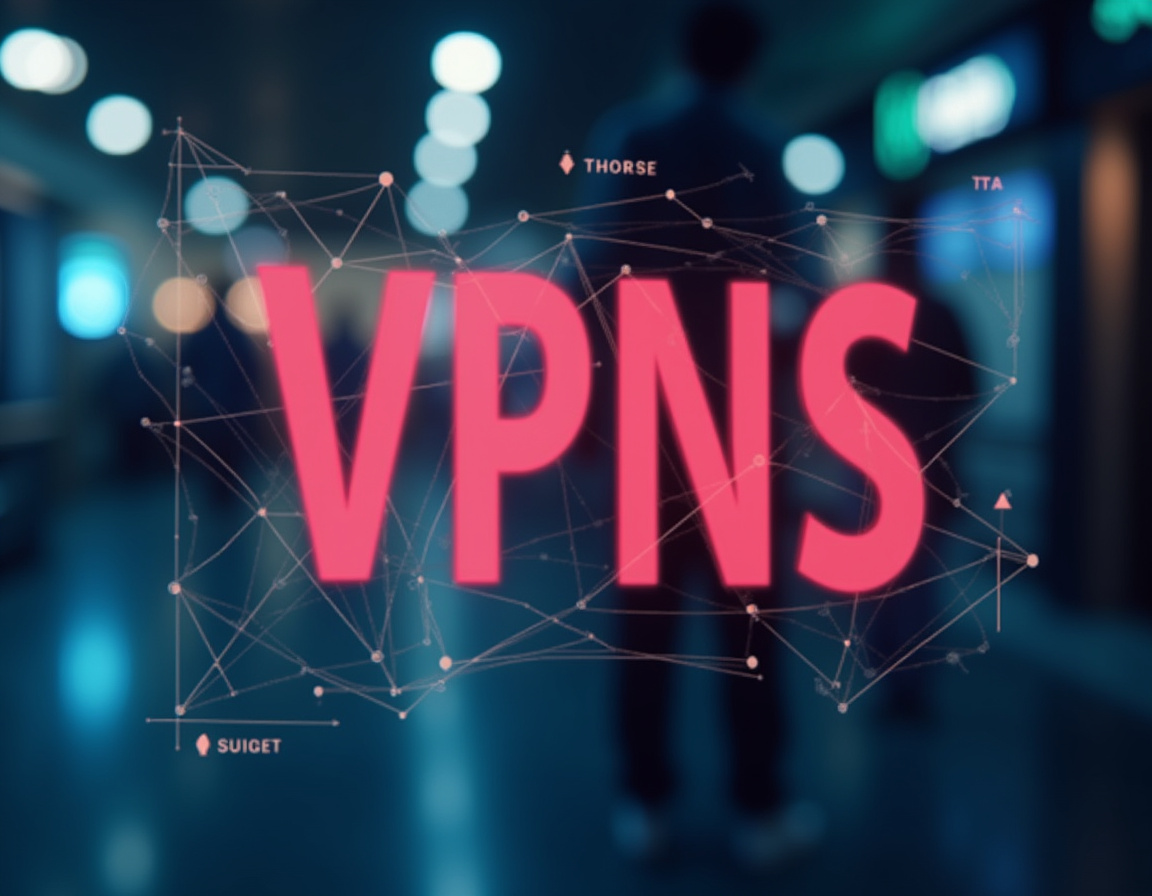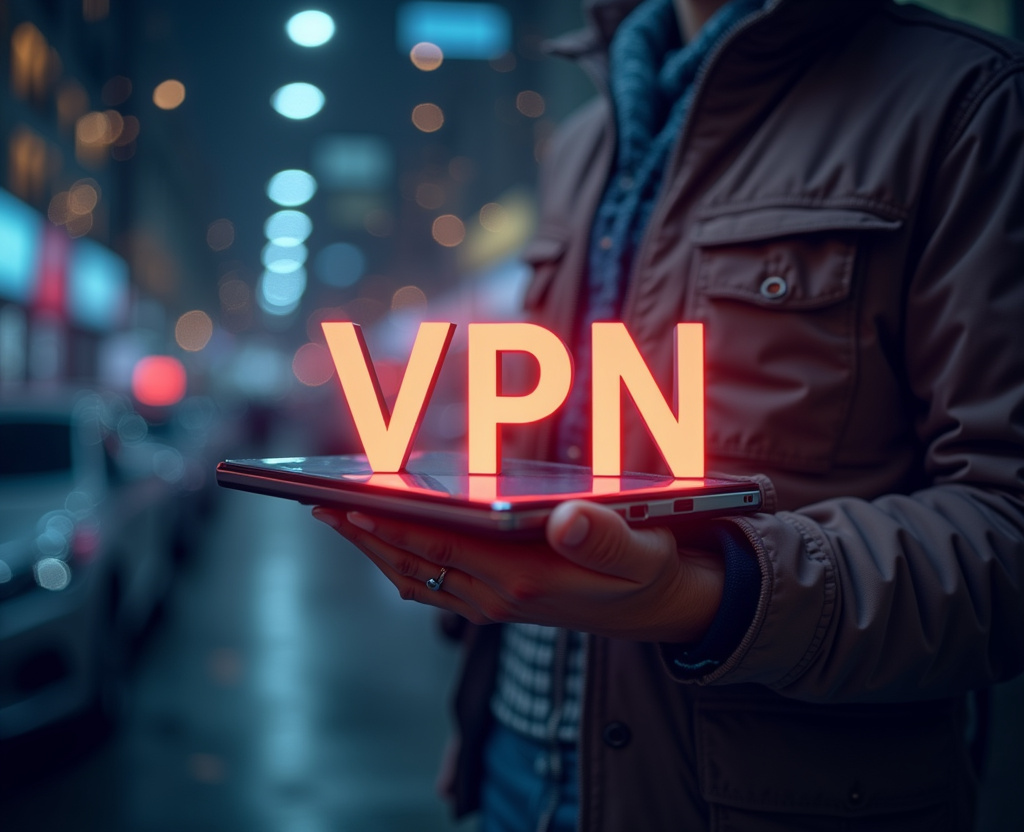VPNs for Vehicle Rental Services: Securing Booking Systems
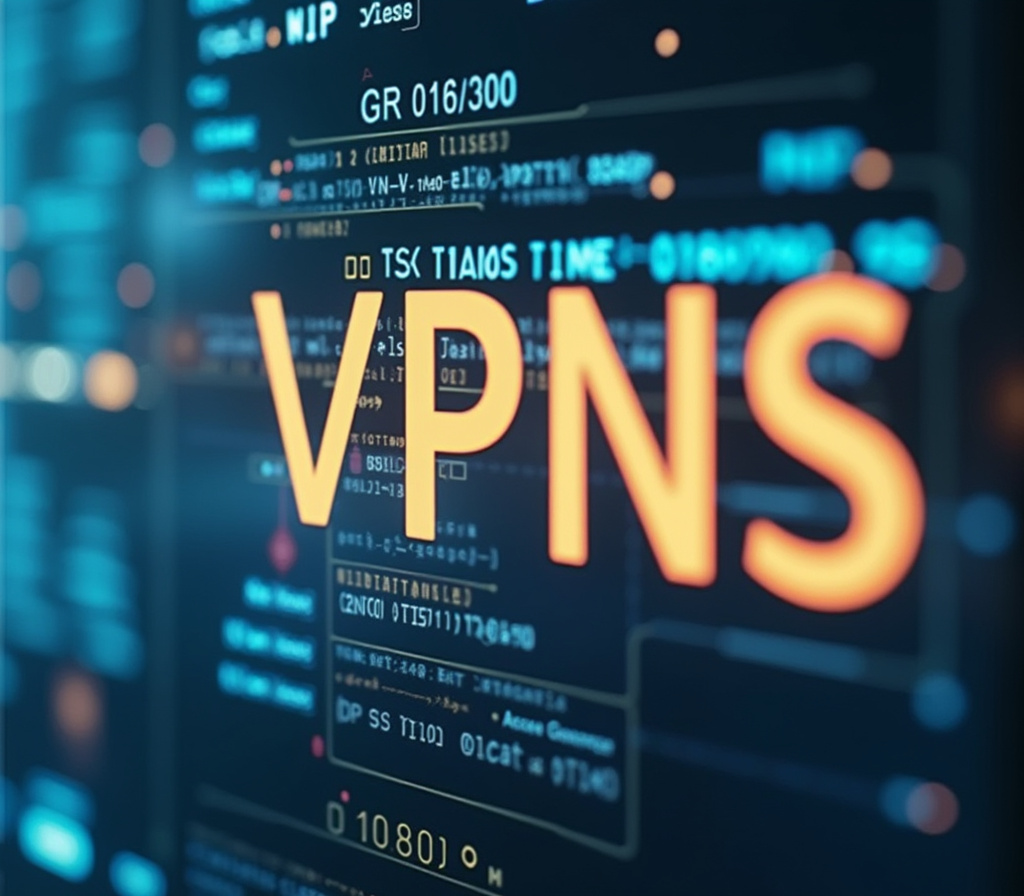
Table of Contents
The Imperative of VPNs in Vehicle Rental Security
The digital age has revolutionized the vehicle rental industry, offering unprecedented convenience and accessibility for customers worldwide. Online booking platforms, mobile applications, and seamless digital payment gateways have transformed the way people rent vehicles, eliminating traditional barriers and streamlining the entire process. However, this increased reliance on digital infrastructure also introduces a significant set of cybersecurity vulnerabilities that vehicle rental services must address proactively.
These services handle a vast amount of sensitive customer data, including personal identification information (PII) such as names, addresses, driver's license details, and contact information. More critically, they also process sensitive financial data, including credit card numbers, bank account details, and transaction histories. Travel itineraries and rental agreements, which can reveal valuable information about customer habits and movements, are also routinely stored.
This wealth of sensitive data makes vehicle rental companies exceptionally attractive targets for cyberattacks, potentially leading to devastating data breaches, significant financial losses, and irreparable reputational damage. A compromised booking system or lax security measures can expose customers to identity theft, financial fraud, and exposure of their travel plans, resulting in a loss of trust and confidence in the brand. Therefore, implementing robust and comprehensive security measures is not merely an option but an absolute necessity for vehicle rental companies committed to protecting their customers, safeguarding their business interests, and ensuring the long-term viability of their operations in an increasingly interconnected and threat-filled digital landscape.
One of the most effective and readily deployable security solutions for vehicle rental services is a Virtual Private Network (VPN). A VPN functions as a secure and encrypted tunnel, creating a protected connection between a user's device (whether it's a customer's smartphone, tablet, or computer) and the vast expanse of the internet. This encrypted connection effectively masks the user's actual IP address, effectively cloaking their online identity and preventing websites, trackers, and cybercriminals from monitoring their online activities or pinpointing their location.
Most importantly, a VPN encrypts all data transmitted between the user's device and the internet, rendering it unreadable to anyone who might attempt to intercept it. In the context of vehicle rental services, a VPN plays a crucial role in safeguarding online booking systems, protecting sensitive customer interactions, and ensuring the security of financial transactions. By encrypting all data exchanged between the customer's device, the rental company's servers, and any third-party payment processors involved in the transaction, a VPN significantly reduces the risk of data breaches, man-in-the-middle attacks, and other malicious cyber activities.
Beyond the fundamental function of encryption, a VPN offers a range of advanced security features that bolster the overall security posture of a vehicle rental service, providing a multi-layered defense against an ever-evolving landscape of cyber threats. These features can include data authentication measures, which verify the integrity of data being transmitted to prevent tampering; intrusion detection systems, which monitor network traffic for suspicious activity and alert administrators to potential threats; and integrated malware protection, which scans incoming traffic for malicious software and prevents it from infecting the system. By integrating these advanced security features, a VPN provides a comprehensive and proactive approach to cybersecurity, minimizing the risk of successful attacks and protecting the company's valuable assets.
Investing strategically in a reliable and robust VPN solution is not simply an expense but a critical investment in customer trust, brand reputation, and long-term business sustainability.
VPN Functionality and Benefits for Rental Companies
The core function of a 'vehicle rental VPN' lies in securing the pathway between the customer and the rental company's online infrastructure. In an age of increasingly sophisticated cyber threats, where data breaches can have devastating consequences, this secure connection minimizes the risk of sensitive information being intercepted by malicious actors. The booking system, the very heart of the vehicle rental operation, becomes a focal point of protection when a VPN is implemented.
Consider the typical online booking process: customers enter their personal details (name, address, driver's license information), payment information (credit card details, bank account numbers), and travel preferences. This information is highly valuable to cybercriminals, who can use it for identity theft, financial fraud, or other malicious purposes. By routing all traffic through an encrypted tunnel, a 'vehicle rental VPN' ensures that this sensitive data is protected from eavesdropping, even on public Wi-Fi networks.
This protection extends beyond the initial booking process to encompass all subsequent interactions with the vehicle rental company, such as account management, reservation changes, and customer support inquiries. Critically, a VPN is not solely for the benefit of the customer. It also safeguards the vehicle rental company's internal systems and data.
By requiring employees to use a VPN when accessing company resources, the risk of internal breaches and data leaks is significantly reduced. Employees working remotely, traveling, or accessing the booking system from untrusted networks are particularly vulnerable to cyberattacks. Therefore, enforcing the use of a 'vehicle rental VPN' for all employee access is a crucial security measure.
The technical implementation of a 'vehicle rental VPN' typically involves installing VPN client software on the user's device (computer, smartphone, or tablet). This software creates an encrypted connection to a VPN server, which acts as an intermediary between the user and the internet. All traffic is routed through this secure tunnel, protecting the user's data from prying eyes.
The VPN server also masks the user's IP address, making it more difficult for attackers to track their online activity. The selection of a 'vehicle rental VPN' solution should be based on a thorough assessment of the company's specific security needs and risk profile. Factors to consider include the level of encryption offered, the location of VPN servers, the number of concurrent connections supported, and the availability of technical support.
Furthermore, the 'booking system security' is enhanced by the VPN's ability to prevent certain types of attacks. For example, a Man-in-the-Middle (MitM) attack occurs when a cybercriminal intercepts communication between two parties, such as the customer and the vehicle rental company's server. A VPN's encryption makes it exceedingly difficult for attackers to decipher the intercepted data, rendering the MitM attack ineffective.
Similarly, a VPN can help to mitigate the risk of DNS hijacking, where attackers redirect users to malicious websites that mimic legitimate ones. By encrypting DNS queries, a VPN prevents attackers from tampering with the resolution process and ensures that users are directed to the correct website. Ensuring 'transaction security' is of utmost importance in the vehicle rental industry, where online payments are commonplace.
A 'vehicle rental VPN' plays a crucial role in protecting sensitive financial data during the payment process. By encrypting all data transmitted between the customer's device, the rental company's payment gateway, and the payment processor, a VPN ensures that credit card numbers and other financial information are protected from interception and theft. This is particularly important when customers are using public Wi-Fi networks, which are notoriously insecure and vulnerable to eavesdropping.
In addition to encryption, some VPN solutions offer features such as a kill switch, which automatically disconnects the user from the internet if the VPN connection drops, preventing unencrypted data from being transmitted.
Effective VPN Implementation within Booking Infrastructure
In the competitive vehicle rental market, fostering 'customer interaction' built on trust is paramount. One of the most significant benefits of implementing a 'vehicle rental VPN' is the enhanced sense of security that it provides to customers. By explicitly communicating the use of a VPN to protect their data, vehicle rental companies can differentiate themselves from competitors and build stronger relationships with their clientele.
Customers are increasingly aware of the risks associated with online transactions and data privacy. Demonstrating a proactive commitment to security through the use of a VPN can significantly boost customer confidence and loyalty. When a customer is confident that their personal and financial information is protected while booking a vehicle, they are more likely to complete the transaction and return for future rentals.
The use of a 'vehicle rental VPN' can be highlighted in marketing materials, website FAQs, and customer service communications. This transparency builds trust and reinforces the message that the vehicle rental company values its customers' security and privacy. Moreover, a VPN can improve the overall customer experience by providing faster and more reliable internet connectivity.
By routing traffic through optimized servers, a VPN can reduce latency and improve download speeds, resulting in a smoother and more responsive online experience. The combination of enhanced security and improved performance can lead to increased customer satisfaction and positive word-of-mouth referrals. From a practical standpoint, integrating VPN protection into the customer journey can be seamless.
Many VPN solutions offer user-friendly interfaces and automatic connection features, making it easy for customers to protect their data without requiring advanced technical knowledge. In some cases, vehicle rental companies may even consider offering a branded VPN app to their customers as a value-added service, further reinforcing their commitment to security and privacy. This would also give the business extra 'customer interaction' points, building a stronger and lasting relationship.
A 'vehicle rental VPN' can assist in maintaining compliance with data privacy regulations, which is another means of strengthening confidence among consumers. Regulations such as GDPR (General Data Protection Regulation) and CCPA (California Consumer Privacy Act) impose strict laws on how businesses collect, use, and protect personal data. By encrypting data and masking IP addresses, a VPN helps vehicle rental companies to comply with these regulations and avoid costly fines and penalties.
Implementing these regulations shows the customer that the company takes data security seriously and values their trust. The 'VPN for retail' sector offers valuable insights for vehicle rental businesses. Just like any other retail business, you need to ensure your customer's data.
The 'VPN for retail' industry relies on secure transactions and consumer interactions. This can have a direct analogy into vehicle rentals. The best practices from using VPNs in general retail can influence processes and increase security in the car rental business.
For instance, mobile point-of-sale (mPOS) systems increasingly used in the retail environment require secure connections to prevent data breaches. The lessons learned from securing mPOS transactions using VPNs can be directly applied to securing mobile booking and payment systems used by vehicle rental staff. Moreover, retail businesses often use VPNs to protect their internal networks and data from cyberattacks.
The same principles can be applied to protect the vehicle rental company's internal systems, including booking databases, customer relationship management (CRM) systems, and financial records. 'Transaction security' becomes especially relevant when considering the rise of mobile payments and contactless transactions, which are becoming increasingly popular in the retail and vehicle rental industries. A VPN provides an essential layer of protection for these transactions, ensuring that sensitive payment data is not compromised.
Enhancing Security with VPNs: Protocols, MFA, and Server Location
Ensuring 'transaction security' is paramount for online businesses, and vehicle rental services are no exception. A robust 'vehicle rental VPN' plays a pivotal role in safeguarding financial data exchanged during the booking and payment processes. The encryption provided by the VPN makes it exceptionally difficult for cybercriminals to intercept or decipher sensitive information such as credit card numbers, bank account details, and transaction amounts.
This protection is particularly critical when customers are utilizing public Wi-Fi networks, which are often unsecured and prone to eavesdropping attacks. A 'vehicle rental VPN' not only enhances the security of online transactions but also helps to prevent fraud. By masking the customer's IP address, the VPN makes it more difficult for fraudsters to track their online activity and commit fraudulent transactions.
Furthermore, some VPN solutions offer features such as IP address masking and location spoofing, which can further enhance fraud prevention efforts. These features mask the user's real IP address and location, making it appear as if they are accessing the internet from a different location. This can help to prevent fraudsters from using stolen credit card numbers or other fraudulent information to make unauthorized bookings.
The use of a 'vehicle rental VPN 'can also help to mitigate the risk of chargebacks. A chargeback occurs when a customer disputes a transaction with their credit card company, resulting in the vehicle rental company having to refund the payment. Chargebacks can be costly and time-consuming, and they can also damage the company's reputation.
By providing a secure and reliable payment processing environment, a VPN can help to reduce the risk of chargebacks. A VPN can be integrated with other security measures to provide a comprehensive defense against cyber threats. For example, a VPN can be used in conjunction with a firewall to provide an additional layer of protection against unauthorized access to the company's internal systems.
A firewall acts as a barrier between the company's network and the outside world, blocking unauthorized traffic and preventing attackers from gaining access to sensitive data. A 'vehicle rental VPN' can also be integrated with intrusion detection and prevention systems (IDPS) to detect and prevent malicious activity on the network. IDPS monitors network traffic for suspicious activity and alerts administrators to potential threats.
They can also automatically block or quarantine malicious traffic, preventing it from causing damage to the system. The 'booking system security' can also benefit from the use of multi-factor authentication (MFA). MFA requires users to provide multiple forms of identification before they can access the booking system.
This makes it significantly more difficult for attackers to gain unauthorized access, even if they have stolen a user's password. Examples of MFA include requiring users to enter a password and a one-time code sent to their mobile phone or using a biometric authentication method such as fingerprint scanning or facial recognition. In addition to technical security measures, it is important to implement strong security policies and procedures to protect the booking system.
These policies should address issues such as password management, data access control, and incident response. Employees should be trained on these policies and procedures and regularly reminded of their importance. The rental business should conduct regular security audits to identify vulnerabilities in the booking system and to ensure that security policies and procedures are being followed.
These audits should be conducted by a third-party security expert to ensure objectivity. With a strategic action plan, data can be protected while also maintaining a healthy relationship with the customer. This is only possible with a multifaceted approach to data security.
As 'VPN for retail' applications demonstrate, secure remote access is crucial. Employees and vendors often require remote access to the vehicle rental company's network to manage bookings, update inventory, or provide technical support. A 'vehicle rental VPN' provides a secure and encrypted connection for these remote users, preventing unauthorized access to sensitive data.
This is particularly important for employees who are traveling or working from home, as they may be using unsecured Wi-Fi networks. By requiring all remote users to connect through a VPN, the vehicle rental company can ensure that their data is protected, regardless of their location. Furthermore, a VPN allows the rental company to control access to specific resources based on the user's role and responsibilities.
This ensures that employees only have access to the data and systems they need to perform their jobs, minimizing the risk of internal breaches and data leaks. The company can setup and maintain different accounts for different access levels. As the business grows, having a clear and accessible framework contributes to a streamlined process for managing employees.
Beyond internal access, a 'vehicle rental VPN' can also secure communication with third-party partners. Vehicle rental companies often work with third-party partners such as travel agencies, online booking platforms, and insurance providers. Secure communication is crucial for exchanging sensitive data with these partners, such as customer information, booking details, and payment information.
A VPN provides a secure and encrypted connection for this communication, preventing unauthorized access to the data. A dedicated VPN tunnel can be created for each partner, limiting their access to specific resources and minimizing the risk of data breaches. Regular audits and security reviews with these partners can further ensure that they are adhering to security best practices.
Furthermore, a VPN can facilitate secure file transfers with third-party partners. Sharing large files containing sensitive data, such as rental agreements or damage reports, can be risky if not done securely. A VPN provides an encrypted channel for these file transfers, ensuring that the data is protected from interception.
File transfer protocols such as SFTP (Secure File Transfer Protocol) or FTPS (FTP Secure) can be used in conjunction with a VPN to further enhance security. To ensure the ongoing effectiveness of a 'vehicle rental VPN', regular monitoring and maintenance are essential. Network traffic should be monitored for suspicious activity, and security logs should be regularly reviewed.
Security patches should be promptly applied to all systems, and the VPN software should be kept up-to-date. Regular penetration testing can help to identify vulnerabilities in the network and the VPN configuration. These tests simulate real-world attacks to assess the security posture of the system and identify areas for improvement.
The findings from these tests should be used to refine security policies and procedures and to improve the overall security of the 'booking system security'. Finally, a comprehensive incident response plan should be in place to address any security breaches or incidents. This plan should outline the steps to be taken in the event of a breach, including isolating affected systems, notifying affected parties, and restoring services.
The incident response plan should be regularly tested and updated to ensure that it is effective. In conclusion, implementing a 'vehicle rental VPN' is a critical step for protecting booking systems, securing transactions, and building customer trust. By encrypting data, masking IP addresses, and providing secure remote access, a VPN helps to mitigate the risk of cyberattacks and data breaches.
When combined with other security measures, such as firewalls, intrusion detection systems, and multi-factor authentication, a VPN can provide a comprehensive defense against the ever-evolving landscape of cyber threats. By prioritizing security, vehicle rental companies can protect their customers, safeguard their business interests, and ensure long-term success in the digital age. Through a multifaceted approach and proper implementation, the advantages discussed can yield a substantial value.
Stay Updated
Get the latest VPN news, tips, and exclusive deals to your inbox.
